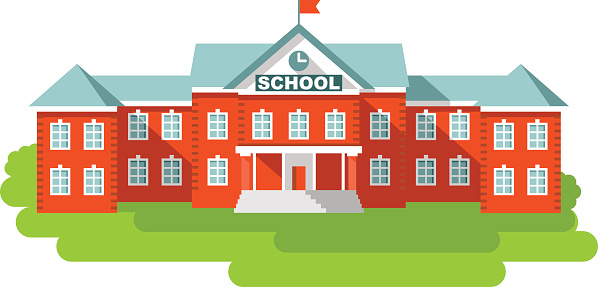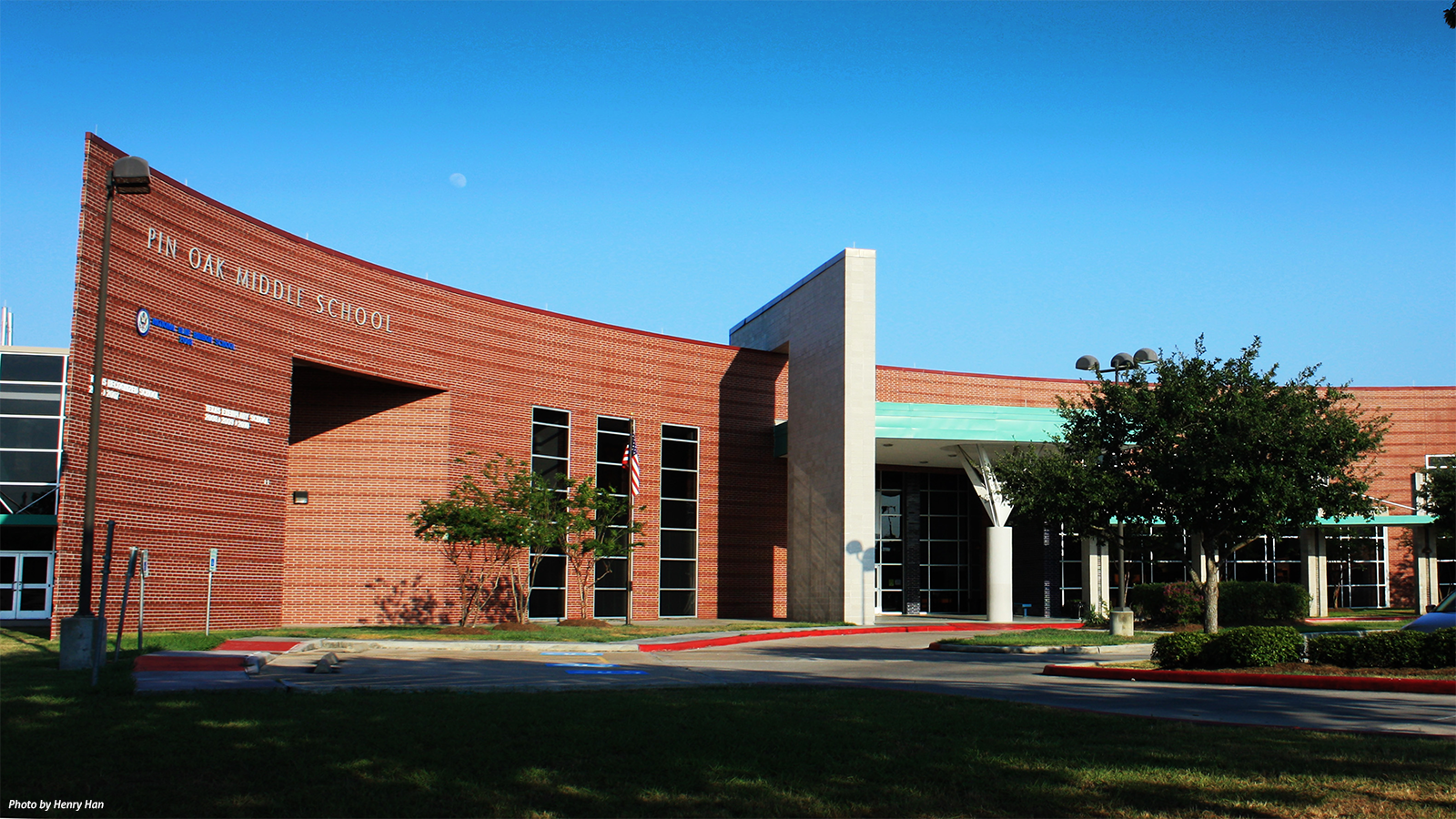Check Out the Obstacles Encountering Our Community: Save Temecula Schools
Check Out the Obstacles Encountering Our Community: Save Temecula Schools
Blog Article
How Schools Play an Important Duty in Shaping Future Leaders and Pioneers
By incorporating project-based discovering and interdisciplinary research studies, educational institutions challenge students to analyze and synthesize complex details. Educators offer as advisors, guiding trainees and supporting their potential, while extracurricular activities even more establish management skills and resilience.
Promoting Critical Assuming
In today's rapidly evolving globe, fostering essential believing within schools has actually become critical. As culture grapples with significantly complex global challenges, the capability to examine, evaluate, and manufacture details is essential. Colleges play a vital role in establishing these skills, preparing pupils to navigate and address multifaceted issues with educated, reasoned decisions.
To grow crucial thinking, instructors utilize numerous pedagogical methods that motivate energetic learning and intellectual involvement. Classroom discussions, problem-based discovering, and Socratic questioning contribute in promoting reflective and analytical idea processes. By challenging students to interrogate presumptions and think about multiple point of views, these techniques guarantee a deeper understanding of subject matter past memorizing memorization.
Moreover, incorporating critical assuming across the curriculum strengthens its importance and applicability in diverse contexts. Topics such as maths, scientific research, history, and literary works each deal one-of-a-kind possibilities to develop trainees' vital professors. Evaluating historic occasions calls for understanding and reviewing sources context, while clinical questions needs strenuous hypothesis testing and evidence-based thinking.
Eventually, instilling essential thinking skills in trainees furnishes them with the cognitive devices essential for lifelong learning and flexibility. It is with this foundational competence that future leaders will have the ability to innovate, address problems, and add meaningfully to society.
Urging Creative Thinking
Accepting creativity within instructional frameworks galvanizes pupils to think beyond standard limits and explore cutting-edge solutions. By integrating artistic undertakings and creativity workouts into the educational program, colleges grow an atmosphere where creativity and imaginative idea are valued. This strategy not just improves the educational experience however likewise gears up students with the ability to deal with real-world obstacles in novel ways.
Educational institutions can promote imagination through diverse means such as project-based discovering, interdisciplinary research studies, and the incorporation of arts and innovation. Project-based knowing, for example, encourages pupils to apply their knowledge in functional, often collective, jobs that demand creative analytic abilities. Interdisciplinary researches enable pupils to attract links between various topics, consequently broadening their point of views and improving their creative capabilities.
Moreover, giving pupils with possibilities to involve with arising innovations, such as coding and electronic layout, better nurtures their creative potential. These tasks motivate students to experiment, fall short, and iterate, which are critical components of the creative procedure (Save Temecula Schools). By keeping a supportive setting where trial and error is motivated, institutions can guarantee that students develop the self-confidence to go after ingenious ideas
Essentially, nurturing creative thinking in educational setups is vital for shaping future leaders and innovators efficient in dealing with complicated international concerns with resourcefulness.
Supporting Collaboration

Carrying out group-based understanding modules and participating jobs enables students to experience the characteristics of team effort firsthand. This not just prepares them for the joint nature of modern offices yet also nurtures management top qualities as they often have to tackle roles such as task supervisors or team organizers. Furthermore, partnership in the classroom can break down social obstacles and promote inclusivity, ensuring that each trainee feels valued and listened to.
Additionally, incorporating technology can better sustain joint initiatives. Tools like common interactive systems and digital offices enable students to collaborate effectively, even outside the classroom. As students establish these collective skills, they are better outfitted to deal with complex difficulties and innovate, preparing for their future roles as leaders and innovators.
Role of Educators as Advisors

Mentorship includes tailored attention, where teachers determine and nurture individual toughness and address weaknesses. Save Temecula Schools. Via one-on-one interactions, instructors can tailor their advice and support to meet each trainee's unique demands, promoting a feeling of confidence and durability. This customized method cultivates a development state of mind, motivating pupils to view failures as chances for finding their website out and growth
Additionally, teachers serve as duty models, demonstrating the values of determination, compassion, and honesty. click for info Their mindsets and activities give a blueprint for pupils to imitate, instilling a sense of moral responsibility and social understanding. By producing a helpful and inclusive class setting, educators make it possible for students to develop interpersonal skills that are essential for efficient management.
Fundamentally, the mentorship offered by instructors lays a foundational framework for the advancement of future leaders, equipping them with the expertise, skills, and values needed to succeed in an ever-evolving globe.
Influence of After-school Activities
When incorporated successfully right into the instructional structure, extracurricular tasks dramatically improve pupil development and leadership possibility. These activities supply pupils with opportunities to check out passions beyond the conventional educational program, cultivating a well-rounded ability set.
Trainees engaged in dramatization, songs, or argument clubs learn to think critically and technique problems from varied viewpoints. By working together with peers from different histories, students also establish compassion and communication abilities, necessary traits for future leaders.
Extracurricular tasks additionally play a vital function in scholastic efficiency. Research suggests that trainees entailed in such programs tend to have greater grades and better participation records. These tasks give a healthy outlet for tension, adding to overall wellness. Hence, schools that prioritize a well balanced technique to education, integrating durable extracurricular programs, are a lot more most likely to produce innovators and leaders geared up to satisfy the obstacles of the future.

Verdict
In verdict, institutions significantly form future leaders and pioneers by supporting crucial thinking, creative thinking, and collaboration among pupils. By promoting Visit Your URL a supportive setting that values private staminas and teamwork, colleges equip students with the essential skills to navigate future obstacles and drive advancement.
As trainees establish these joint abilities, they are better furnished to tackle complicated obstacles and introduce, laying the groundwork for their future functions as leaders and trendsetters.
By fostering crucial thinking and analytical skills, teachers help students navigate complex difficulties, preparing them for leadership duties in different fields.
By working together with peers from various backgrounds, pupils also develop empathy and communication abilities, vital traits for future leaders.
In final thought, schools significantly form future leaders and innovators by supporting critical thinking, imagination, and partnership among trainees. By promoting a supportive atmosphere that values specific strengths and team effort, colleges outfit students with the required skills to navigate future difficulties and drive technology.
Report this page